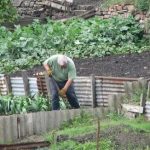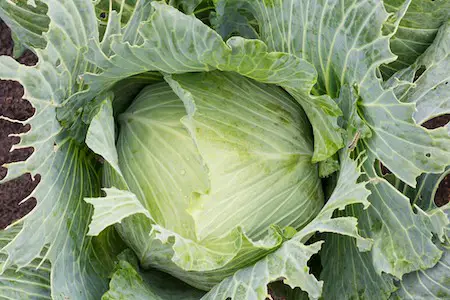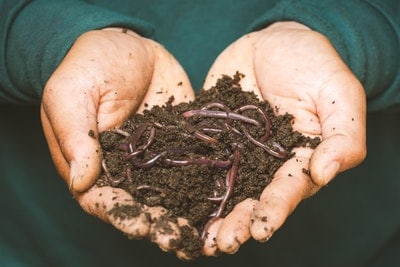Are you about to throw in the towel on that veggie patch in your backyard? Perhaps shovel everything out and install a pool? Hold that thought because maintaining that beloved vegetable garden is really not a complicated or hassling task.
Gardening should be productive as well as relaxing and that is precisely what it is if you have the best tips to make it work. So, don’t give up just yet. You can have the best vegetable garden on your block with minimum hassle.
Tips On How To Make The Most of Vegetable Gardening
Soil Test
If you have had problems with crop yield, try to do a soil test on your vegetable garden. This will keep you aware of how much nutrients your soil has or how much nutrients it’s lacking. When you have done this, feed your organic garden foods such as compost and nutrients to maximize the potentials of your garden.
Expose To Sunlight
While your site for vegetable gardening might not be huge, do everything possible to ensure that your garden is exposed to as much sunlight as possible. Vegetables in general, especially plants like tomato and pepper, need much sunlight to flourish and grow healthily.
If your garden’s position does not enable it to receive direct sunlight, try to adopt artificial methods of keeping the temperature around your vegetables regularly warm to prevent wilting, shrinking, or poorly developed plants.
Spacing
Your vegetable garden probably brings forth those discouraging undersized fruits because of wrong spacing techniques. Simply put, your vegetables are suffocating. Good spacing will help your vegetables grow robustly in that your plants have room to sway in the breeze, are free of overshadowing, which is shading from other plants causing it to receive required sunlight.
It is therefore advisable to grow vegetables vertically. Using cages, trellises, and fences, you can grow those particular crops that need much space to thrive. Examples of this category of plants are melons, tomatoes, peas, squash, and so on. Applying these methods will keep your vegetables safe from fungi infections.
Maintenance will also be more comfortable when you can easily see the plants you are tending to. If your garden is close to your kitchen, planting vertically makes it super easy to monitor the progress of your vegetables while performing random tasks in the kitchen.
Keep Your Soil Moisturized
Several tricks that help your vegetables retain moisture is arranging flat rocks close to them after watering; you may also cover your vegetable plants with straw on old newspapers to keep moisture while your vegetables are basking in the sun. Water well and regularly. Vegetable plants need as much water as they need sunlight.
Using your discretion, you can create a balance between how much water is going into your vegetable gardening and equally how much sunshine. Infrequent watering will cause decay to occur in your vegetables which is so bad for your harvest- no one wants to consume decaying vegetables. If you do not have the time to consistently water your vegetables, install automated sprinklers to do the job for you.
Use Crop Rotation
It would be best if you practised crop rotation in your vegetable gardening. This way, you can harvest more than one species of the crop in the same place. Crop rotation[1] also helps your garden even-out imbalances in nutrients at different parts of your vegetable garden. Now there are vegetables which complement each other when they are placed in the same location in your vegetable garden: beets and celery, peas and lettuce, carrots and radishes.
This is known as a pairing or compatible pairing. Pairings can also be in threes and fours. Here, all crops strategically planted in close proximity grow in a way that is beneficial to the vegetable beside it. You may call it veggie pact but be assured that your plants will be giving you the best results when you pair them up with suitable vegetables.
Conclusion
As you can see, maintaining your vegetable garden is easy-peasy when you follow these simple guidelines. And it gets better. The average time it takes your seedlings to germinate can be evaded when you use transplants. These can be kept in good condition with Epsom salts and regular nutrients.
More tips to note are the plain fact that slugs, aphids and wormwood are not friends of your vegetable garden. And more species of pests will literally eat through your vegetable garden and ruin your investments; you may use pesticides or grow pest repellent blooms throughout your vegetable garden – always works!
Glossary
[1] Crop Rotation – Link






